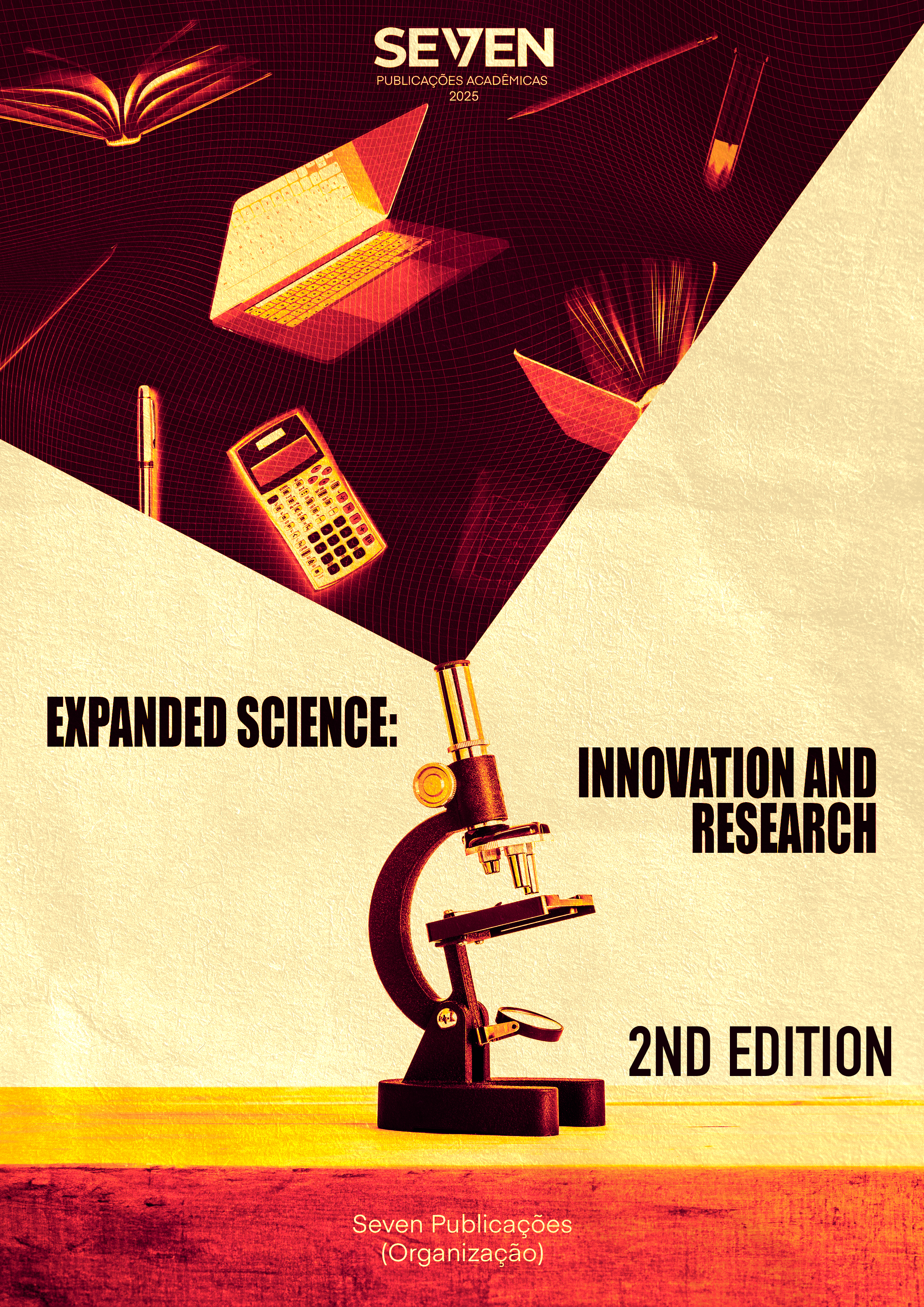FREEDOM AND DEVELOPMENT: THEORETICAL, INSTITUTIONAL AND SOCIO-ENVIRONMENTAL PERSPECTIVES
Keywords:
Freedom, Development, SustainabilityAbstract
This article critically analyzes the relationship between development and freedom, understanding freedom as a constitutive element of an emancipatory and sustainable development model. Based on a transdisciplinary approach, the study is structured in three analytical axes: theoretical foundations of freedom, the role of institutions in guaranteeing substantive rights, and the environmental limits of economic growth. The first axis discusses the transition from negative to substantive freedom, emphasizing justice and autonomy. The second explores how structural inequalities restrict real freedoms and highlights the importance of inclusive and equitable institutions. The third addresses sustainability as a condition for intergenerational freedom, integrating ecological balance, ethical responsibility, and the rights of nature. The article concludes that true development is not measured only by economic indicators, but by the expansion of real freedoms, the democratization of opportunities, and the preservation of the ecological foundations that sustain human dignity and coexistence.
Downloads
Published
Issue
Section
License
Copyright (c) 2025 Jarbas Rodrigues Gomes Cugula, Sandro Marcos Godoy, Gabriel Calvet de Almeida

This work is licensed under a Creative Commons Attribution-NonCommercial 4.0 International License.





